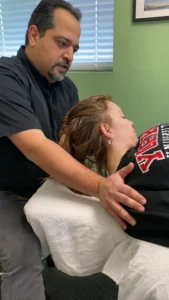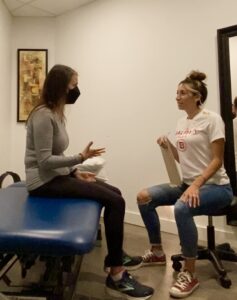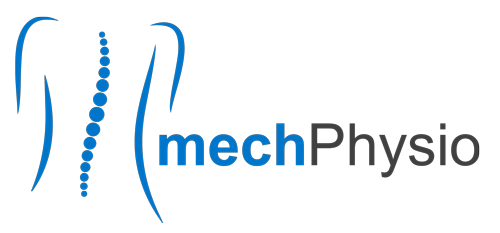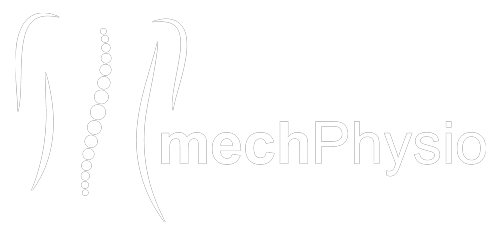MVA happen everyday. Some are no big deal like a fender bender and others can be life-altering.

Car accidents are sudden and often leave us with questions about how best to react in the face of imminent impact.
One common inquiry we receive in our clinic is whether it’s more beneficial to brace for impact or remain relaxed.
Let’s delve into this topic and provide insights into how different approaches can affect injury outcomes.
Bracing for Impact: Protecting Your Joints
When faced with an impending collision, bracing for impact can be advantageous, especially when it comes to protecting your joints. By engaging your muscles tosupport your joints, you create a stabilizing effect, particularly crucial in high-risk situations like car accidents. The spine, which is vulnerable due to its seated and relaxed position, benefits greatly from this bracing. By tensing your arms and butt, you provide added support to your shoulders and hips, helping to maintain the integrity of your spine during impact.
 Potential Drawbacks of Bracing: Tension and Muscle Pain
Potential Drawbacks of Bracing: Tension and Muscle Pain
While bracing can offer protection, it’s essential to be mindful of potential drawbacks. The heightened muscle tension that comes with bracing may lead to increased muscle pain following the accident.
It’s a delicate balance between safeguarding your joints and avoiding excessive muscle tension that could exacerbate post-accident discomfort.
Unforeseen Car Accidents: The Role of Muscle Contraction
In situations where an accident is unexpected, and your body is in motion, muscle contraction can inadvertently occur. For instance, if you’re turning your head when impact occurs, the muscles in that area may contract, potentially leading to more severe injuries. The shortened state of the muscle in one direction increases its vulnerability upon impact.
 The Role of Physiotherapy regardless of whether you brace or remain relaxed during an accident is important. You will need physiotherapy care afterward because however small the accident, your body was affected.
The Role of Physiotherapy regardless of whether you brace or remain relaxed during an accident is important. You will need physiotherapy care afterward because however small the accident, your body was affected.
Understanding your reaction to the car accident impact allows the practitioner to tailor their approach and focus on specific areas that may require more attention.
Your therapist will use this information to create a personalized treatment plan aimed at your specific needs and recovery goals. Seeking professional guidance post-accident is crucial for a safe and effective recovery.

